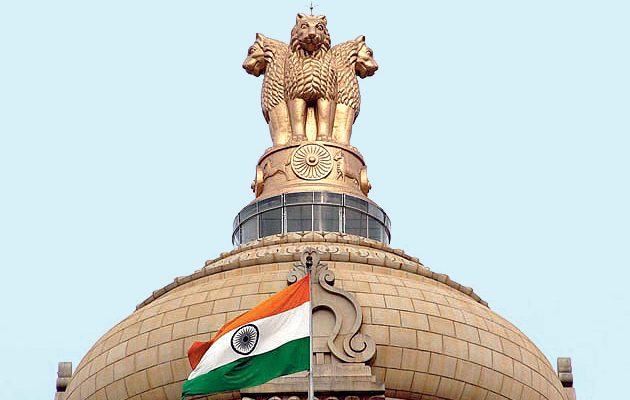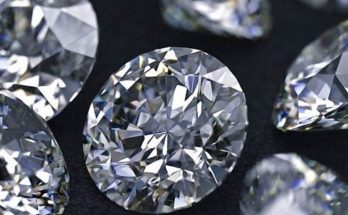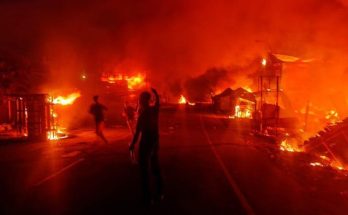Let’s begin with a quiz who was the first prime minister of Independent India easy right okay who was the first home minister of free India again it should be easy but do you know who was India’s first Home secretary or India’s first cabinet secretary if you are a quizzer maybe otherwise chances are you do not it’s an unfortunate reality of our history we only see politicians as the maker of modern India, not a civil servant or bureaucrats or the good old babus now do not get me wrong the leaders deserve the spotlight most of it would not have been possible without them but they alone did not make our country the foundations were also laid by our civil servants some foreign some India they advised the ministers a politicians ran the day to day Affairs they put new systems and checks in place so today we are bringing you their story the of The Unsung makers of modern India.
Our story does not start at Independence it begins around 200 years before that the British East India Company was capturing power in India they needed bureaucrats people to run their growing Empires so the company created the CCS or the covenanted Civil Servant your marriage did not really matter the company’s direction would choose you once picked you would sail down to India but by the 1850s but things changed a Civil service commission was set up in London from 1855 regular exams were held if you crack that you would get appointed and before you think wow that’s a lot like today it was not the exams were only held in London the syllabus was mostly European classics so for most Indians it was a non-startd nonetheless some did crack this Elite Test the first indian in the Indian Civil Services was Satyendra Nth Tagore the was the brother of Rabindranath Tagore he cracked the test in 1864 three years later four others also succeeded but these men were the exceptions the norm was white British civil servants by 1883 there were just 12 Indians in the civil service the Indian civil service by 1915 it was 63 the rest were all European the largely white bureaucracy ruled the 250 million Indians it was unfair but then again what would you expect it was the British Raj India waited a long time for the civil services exam to be held at home it finally happened afte the first world war from 1922 exams were held in Allahabad later Delhi also became a center now this was important because more accessible to Indians more Indians could write it so more Indians could become civil servants in their own country eventually they began acing it Subash Chandra Bose for example stood forth in the 1920 batch he also reported for his training but the next year in 1921 he resigned and we all know what happened next same story with police officers most of them were Europeans until 1931 only 20 percent of the posts were filled by Indians this would change around the beginning of the second world war I now why did I tell you this long back story because the past is crucial to understand the present and the future India’s civil service are Indians
It was made for the British much like the Indian Railways or the post do not think of these European officers as loyal to India they were the embodiment of Imperial Britain as someone to Jawaharlal Nehru they were neither Indian nor Civil nor servants so even at Independence the Civil service retained those characteristics at least some of them let’s look at pre-partition Indian in 1947. We had 980 Civil Service officers 468 of them were European so around 47 percent of them the rest were Indians 352 Hindus 101 Muslims 25 Indian Christain 13 Parsis 10 Sikhs after partition the service was split India created the Indian Administrative Service IAS Pakistan created the Pakistan administrative service both atill exist their officers became the backbone of these new countries in India the politicians realized one thing good or bad you needed the civil Servants, especially Sardar Vallabhai Patel this was a speech to the constitution assembly.
He said there is no alternative to this administrative system the union will go you will not have a United India if you do not have good all-India Services it tells you how important they were we say Sardar Patel united India but he himself said the civil services kept India United so what exactly did they do well the roles were split into different jobs some of them served in the Central department the central government as secretaries or joint secretaries other served in the judicial side of things basically in courts they could become a district judge or a judge at the State Hing Court and finally some served in the states as District collectors or assistant Commissioners they kept the wheels running while politicians made grand plans civil servants studied the ship and it was no easy task most of the European officers left after 1947. they either retired or joined the British civil service but a handful did stay behind Meet JPL Gwynn he served in Free India’s Board of Revenue until 1968 he was the last British citizen from the INDIAN Civil Service by the late 1970s most of these men had retired or left the ICS had given way to the IAS the last officer was Nirmal Kumar Mukherjee he retired as cabinet secretary in 1980. He was India’s final ICS officer the end of an era I guess many of these officers laid the foundation for so many things around us things that we now take for granted like elections. India’s first general election was held in 1951 it was conducted by this Man Sukumar Singh he joined the Indian Civil Service in 1921 during the election he was Chief Secretary of West Bengal he was sent on deputation as a chief election commissioner of India you think elections are complicated now just imagine the situation in 1951 around 85 percent of the country could not read or write so how was this election held using symbols Sukumar Sen published a report on the entire process it reveals the work that into it the number of people involved and let me tell you it is mind-boggling you need different people in different roles to conduct these elections you need electoral registration officers they fill up the voters list you need returning officers who take nominations and declare results
YOU MAY ALSO LIKE TO READ – The Untold Story Of Manipur



